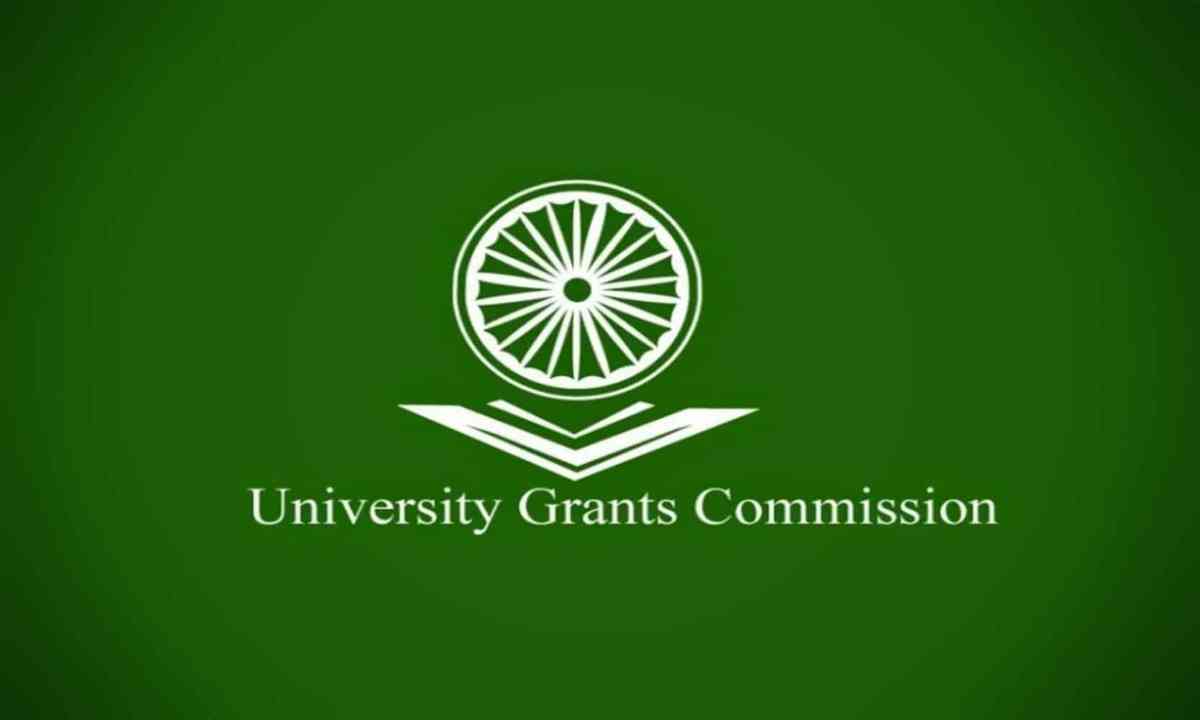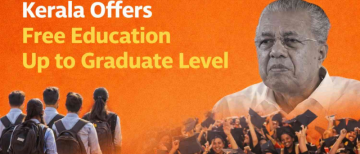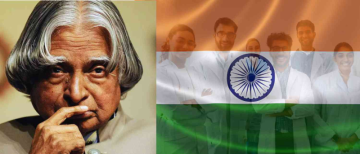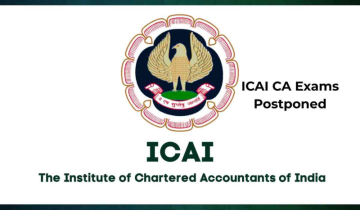The University Grants Commission has requested that institutions permit students to take examinations in regional languages whether or not the course is taught in English. UGC acknowledges that institutions of higher education play a fundamental role in developing course materials and assisting students in gaining experience in their native tongues or adjacent dialects.
It was advised by the commission to "promote such initiatives as writing textbooks in the mother tongue/local languages and encouraging their use in teaching." "Support initiatives such as the translation of renowned works from other languages."
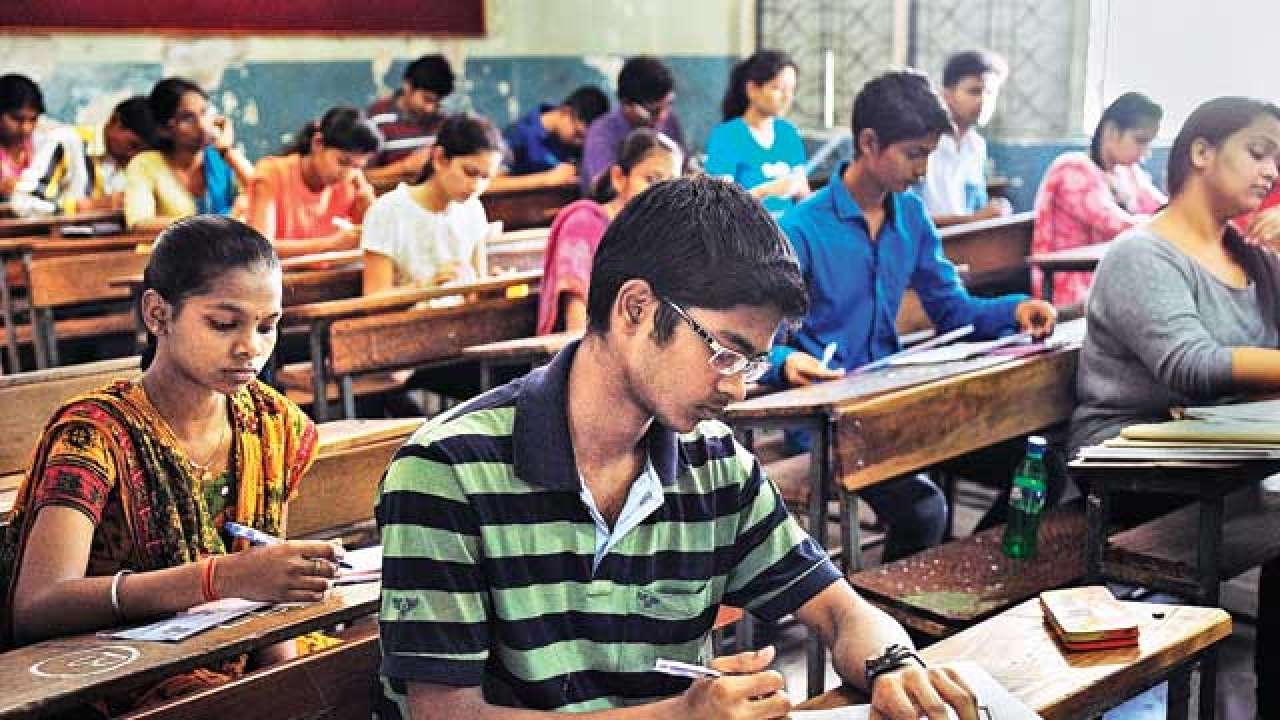
The Commission made a solicitation to permit understudies in colleges to compose their test replies in neighborhood dialects, whether or not the program is shown in English medium. It also urged colleges and universities to encourage the teaching and learning of local languages and the translation of original works into those languages.
The final report of the National Credit Framework (NCrF) that was released by the University Grants Commission stated that students can earn additional credits by studying ancient Indian texts like the Vedas and Puranas. Exceptional ability and information in the Indian Information Framework (IKS) can now be considered for credits under the new Public Credit Structure (NCrF), comparable to different fields like games, sports, performing expressions, conventional abilities, legacy experts, and social work.
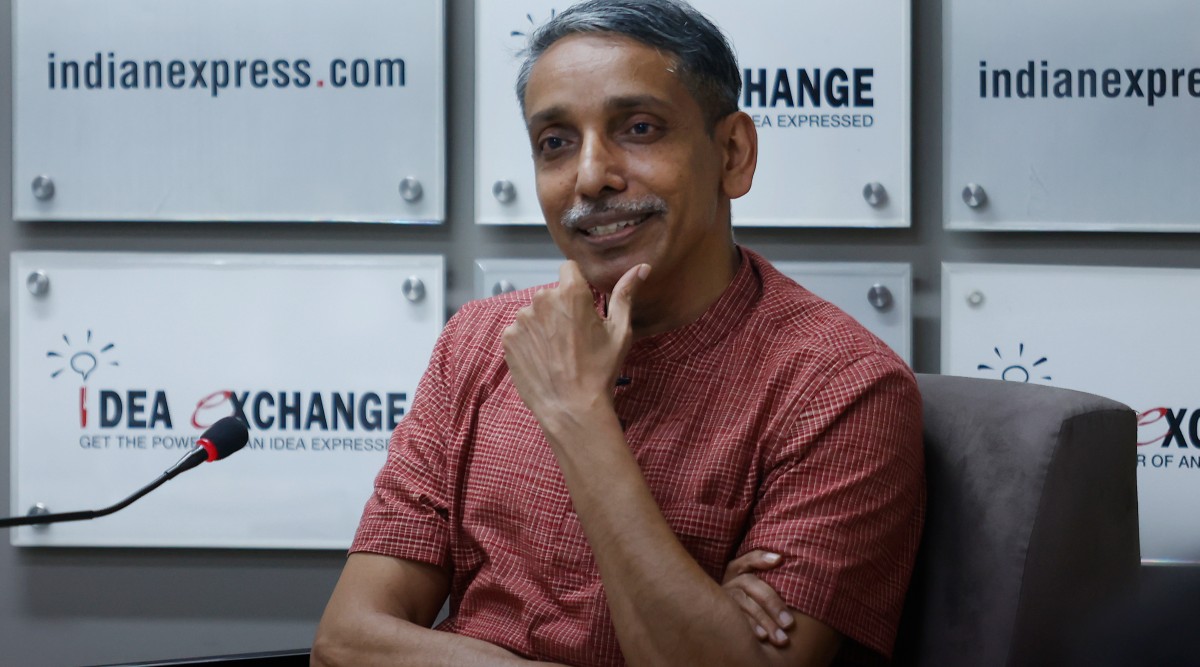
Incorporating academic, professional, and experiential learning are all goals of the NCrF. Whether this learning is obtained through mixed, online, or digital learning, it can be "credited" and accumulated within the framework.
The Public Credit Structure (NCrF) incorporates a scope of 18 hypothetical disciplines called 'vidyas' and 64 applied sciences or professional teachers and specialties known as 'kalas.' Under the new framework, these fields are eligible for credit accumulation.
© Copyright 2023. All Rights Reserved Powered by Vygr Media.

